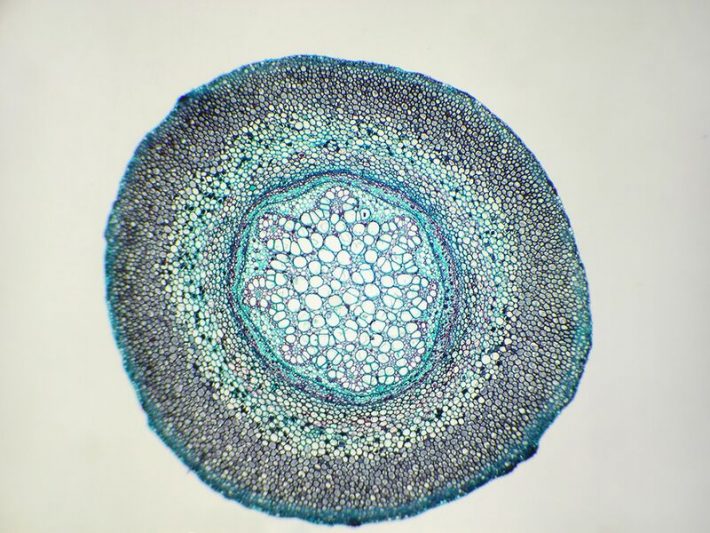Inquiry on plant and animal biosecurity post-Brexit
A new inquiry has been launched by the Lord’s EU Energy and Environment Sub-Committee to look at the impact of Brexit on plant and animal biosecurity.

On 16 March 2018, the Lord’s EU Energy and Environment Sub-Committee launched the “Brexit: Plant and Animal Biosecurity” inquiry. The inquiry will look at what challenges and opportunities will arise because of Brexit with regards to plant and animal biosecurity.
According to the inquiry, the term “biosecurity” will be defined as: “Preventing and containing the spread of pests, diseases and pathogens. Animal health, plant health, food safety and invasive species are within the scope of the inquiry; human health and bioterrorism are not, as they fall outside the Sub-Committee’s remit.”
The policy team is looking to work with the BES membership to respond to relevant questions. If you are interested in shaping the BES response, please email Camilla (Policy Manager) or Sara (Policy Officer) indicating which question(s) you are responding to and send us your thoughts, latest reports or evidence.
Please email Camilla or Sara by Tuesday, 27th March. They will collate and formulate a draft response which will be sent out to all the contributors the 4th April for their final comments and input. The response will then need to go to the BES Policy Committee to receive final sign off ahead of the deadline on the 13th April.
Click here for further background information on the issue, provided by the Lord’s EU Energy and Environment Sub-Committee.
Questions from the inquiry can be found below
1.What are the implications of the UK’s withdrawal from the EU for the UK’s biosecurity in terms of animal and plant health, invasive species and food safety?
2. Will the transfer of law via the EU (Withdrawal) Bill be sufficient to ensure that current legislative protections remain in place?
3. To what extent is a shared approach to biosecurity between the UK and the EU necessary and / or appropriate post-Brexit? a. Should the UK retain the precautionary principle in its implementation of biosecurity legislation after leaving the EU?
4. To what extent is the UK reliant on the EU for the surveillance and timely notification of biosecurity threats? a. Are there alternative (i.e. non-EU, or international) mechanisms that the UK will be able to participate in post-Brexit?
5. What are the main mechanisms for biosecurity information sharing between the UK and the rest of the EU? Can these be maintained post-Brexit?
6. What biosecurity risk assessment, inspection and management is currently carried out by the EU that will need to be repatriated post-Brexit, and are there any resource challenges associated with this?
7. To what extent is a common biosecurity framework across the UK necessary post-Brexit?
8. How should biosecurity be managed on the island of Ireland post-Brexit?
9. Are there steps the UK can take post-Brexit to strengthen its biosecurity, in ways currently prohibited by EU membership?
Like what we stand for?
Support our mission and help develop the next generation of ecologists by donating to the British Ecological Society.